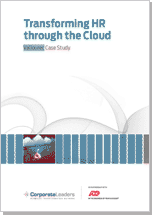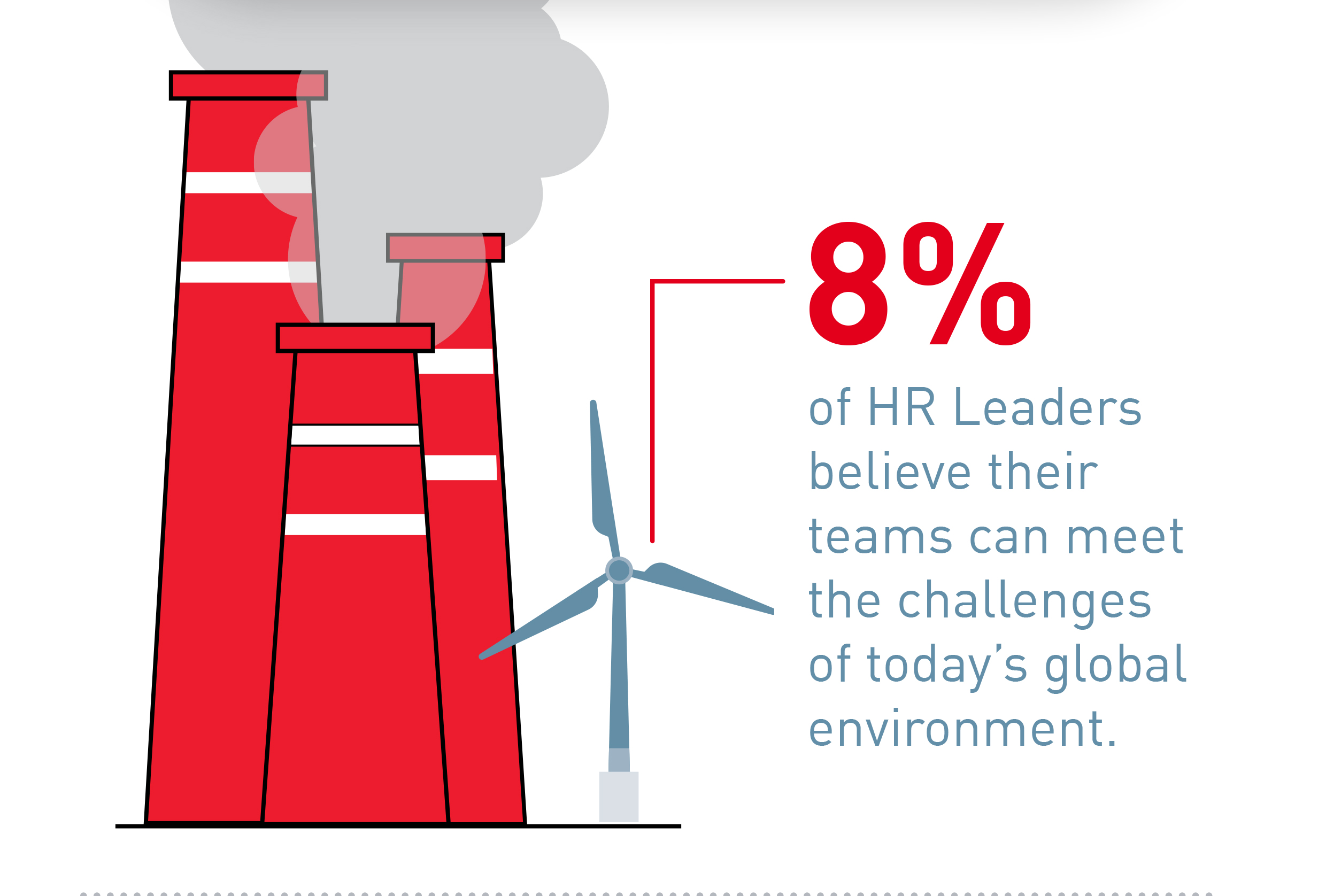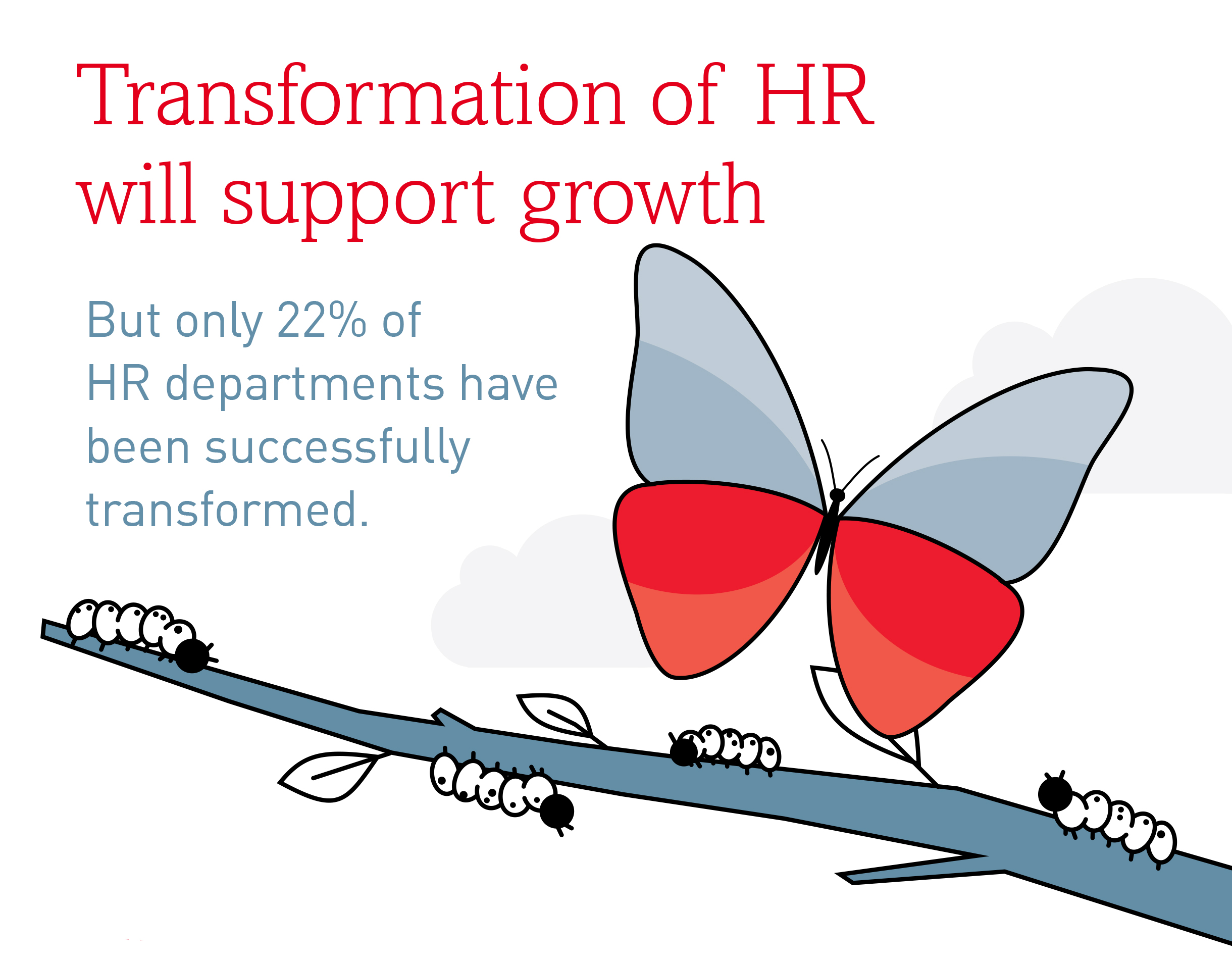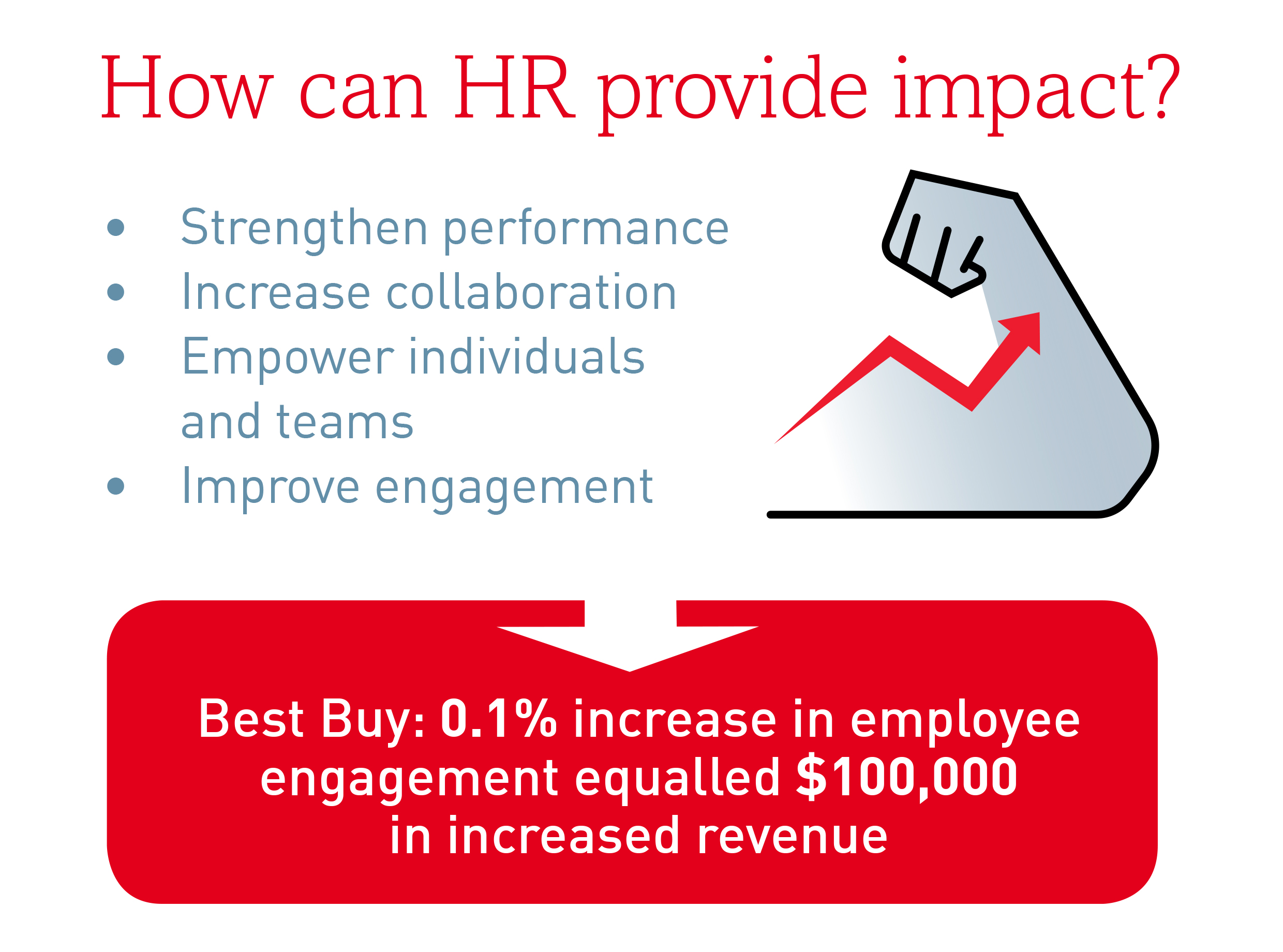 |
| Human Capital Management |
| HR transformation through the Cloud |
| Win the war on talent through HR transformation |
| The time for HR to drive growth is now: Is it yours too? |
But while the vast majority – 93 per cent - of CEOs surveyed by PwC recognise the need to change their strategy for attracting and retaining talent, 61 per cent have not yet taken the first step. That gives HR a perfect opportunity to address key strategic goals and to become a trusted advisor to the C-suite. However, just 34 per cent of CEOs surveyed believe HR is ready to capitalise on transformational trends. To do so, HR organisations must first transform themselves and their approach to talent management. |
 |
| Talent Management |
| As enterprises across the globe switch focus from survival to growth, talent management is resurfacing as a top priority. In an ever more connected world, new skills – especially of the digital kind - are needed to fuel business growth. At the same time, companies are looking for new ways of engaging with a rapidly changing global workforce. As one of the business leaders interviewed by PwC [1] for its latest global CEO survey said: ‘There is a generation already entering companies that has different values, a different way of seeing life…So we have to change because the people working for us are already different. “ |
| Do you have the skills to fuel business growth? |
| Our third article in this series looks at how developing new skills and adopting new solutions can help CHRO's transform their approach to talent management. |
| Big Data and HR: A perfect match |
Any HR transformation programme needs to start by focusing on HR people. When it comes to talent management, they need to develop analytical skills that will enable them to make informed decisions about attracting, engaging and retaining talent today, as well as identifying the talent that will be needed tomorrow. Armed with these skills, HR leaders can, for example, rate the effectiveness of a learning programme across multiple geographies or measure employee engagement in different business units, and decide on next steps. One company that has successfully adopted this approach is JetBlue Airways, whose efforts to collect and use data from business units to measure the business impact of learning initiatives are described in a recent issue of Chief Learning Officer magazine [2]. Other companies are using metrics such as time to hire, ratio of external to internal hires and attrition rates to make sure talent management processes are based on hard data, rather than gut feeling. |
Is your HR department ready for Big Data? But here again, HR seems to be lagging behind other functions. While 78 per cent of the business and HR leaders surveyed by Deloitte for its 2014 Global Human Capital Trends report rated HR and talent analytics as ‘urgent’ or ‘important’, 45 per cent of the same respondents thought they were not yet ready to exploit the power of analytics. |
And it is a considerable power. A study by IBM [3] found that companies making consistent use of workforce analytics are significantly more likely to be effective in addressing challenges such as talent retention, employee engagement and performance management. Despite detecting some signs of progress, the study concludes that very few HR departments are taking full advantage of the vast amount of data at their disposal. ‘The challenge is getting data fast, knowing how to store and analyse it and determining how quickly it can be turned around,’ said one CHRO quoted in the report. To meet this challenge and align talent management activities with business needs, HR not only has to acquire new skills. As part of its transformation, HR must also adopt new HR processes and technologies. As a report by Capgemini Consulting [4] points out, HR processes in most organisations have traditionally been supported by multiple stand-alone HR systems. ‘Such fragmented systems prevent HR from rolling out organisation-wide initiatives,’ the report observes. In addition, 44 per cent of organisations surveyed by CapGemini said that their HR IT systems are not compatible with devices such as smartphones. With employees increasingly using mobile devices for everything from job-hunting to booking their annual leave, companies clearly need integrated HR systems that are compatible with whatever new device comes on to the market. Those without such systems are at a serious disadvantage in today’s competitive talent market. According to the CapGemini report, 40 per cent of job seekers surveyed are ready to abandon job application processes that are not mobile friendly. Looking to the cloud But companies do not have to invest in their own state-of-the-art HR technology. A far more cost-effective alternative is to team up with a provider of Cloud HR solutions. Start-ups and other small and medium-sized enterprises were among the earliest users of Cloud HR solutions, which free companies of the expense of buying, maintaining and upgrading their own HR technology. But even the largest enterprises can benefit from working with an external partner. One of the world’s leading beverage companies, for example, used an end-to-end recruitment processing outsourcing solution that over a period of seven years, has helped them build up a talent pool of more than seven million candidates [5]. |
| The rewards of HR transformation HR teams across the globe now have a unique opportunity to address the strategic talent management challenges facing companies today. But the function first needs to go through a major transformation, with HR professionals developing new expertise in data analytics and teaming up with trusted partners to access the latest Cloud-based HR technology. |
| As hostilities resume in the battle for top talent, it is becoming increasingly clear that the winners will be companies that have harnessed the power of Big Data, Cloud and mobile technology to transform their HR operations. 1] PWC, 17th Annual Global CEO Survey, 2014 [2] Learning Analytics at JetBlue, Chief Learning Officer November 2014 [3] New expectations for a new era: CHRO insights from the Global C-suite Study, 2013 [4] Using Digital Tools to Unlock HR’s True Potential, Capgemini Consulting, 2013 [5] ADP RPO client case study - See more at: https://www.international.adp.com/digital-packs/cloud/talent-management#sthash.zUNtoIA7.dpuf |
 |
 |
 |
| Vallourec Case Study |
| INFOGRAPHIC Can HR win the talent war? |
 |
| Companies that have succeeded in making this transformation include CACI, winner of an award in the Acquiring Top Talent acquisition category of the Bersin by Deloitte WhatWorks Awards. CACI’s transformation involved merging the marketing and technology functions and investing significantly in technical solutions to improve the candidate experience. These measures resulted in a 12 per cent increase in the number of hires and an 8 per cent fall in the cost per hire. |
 |
 |
 |